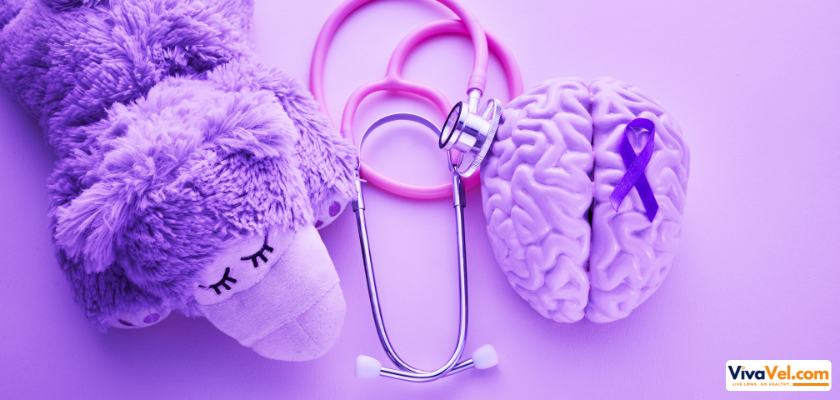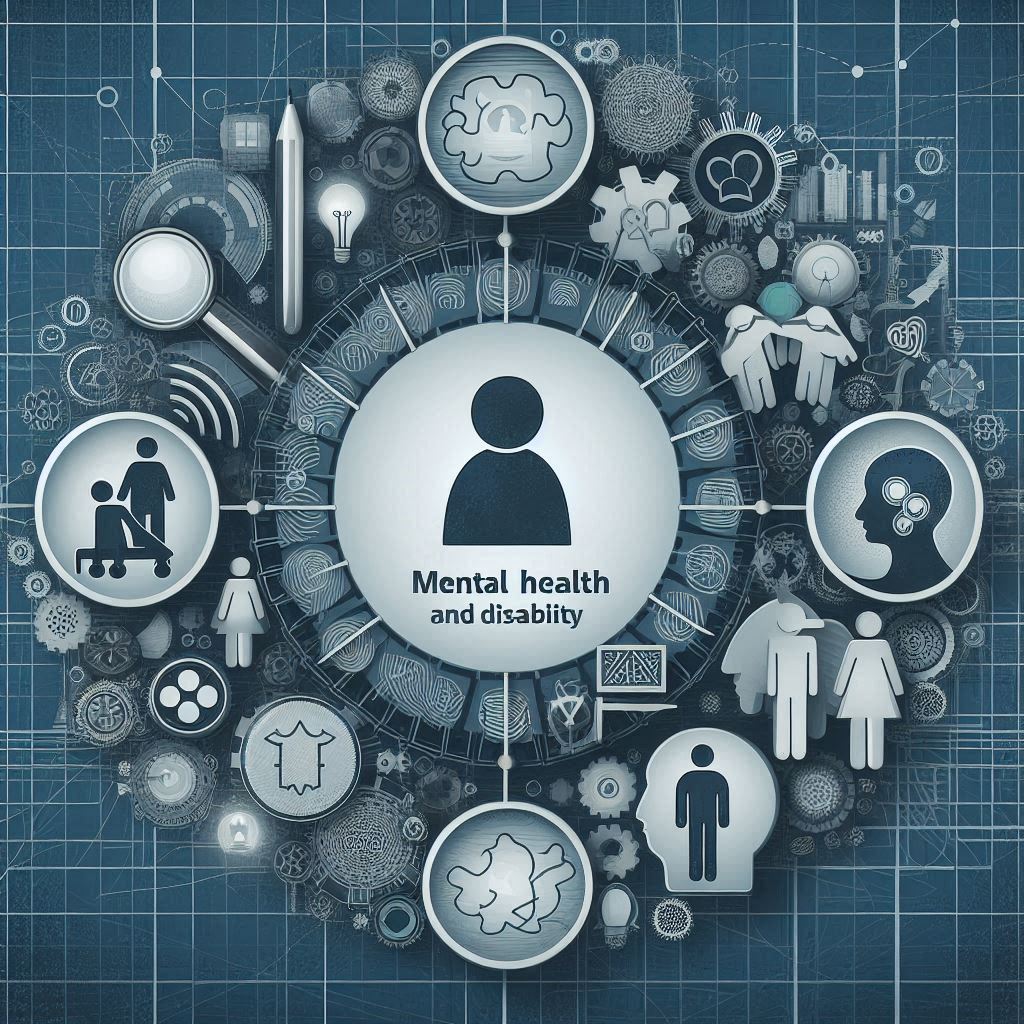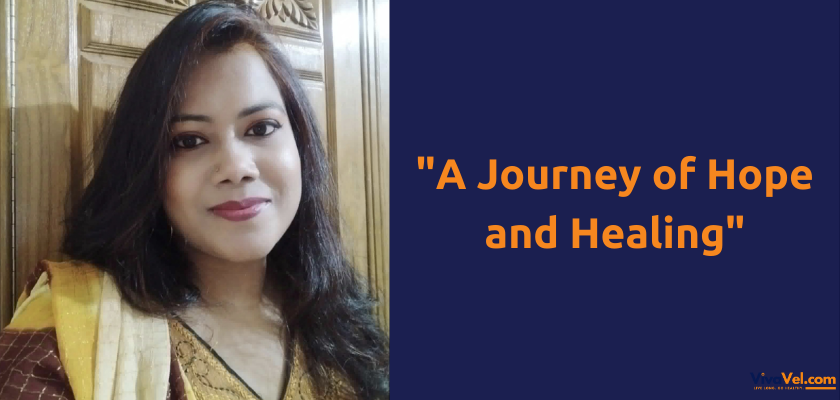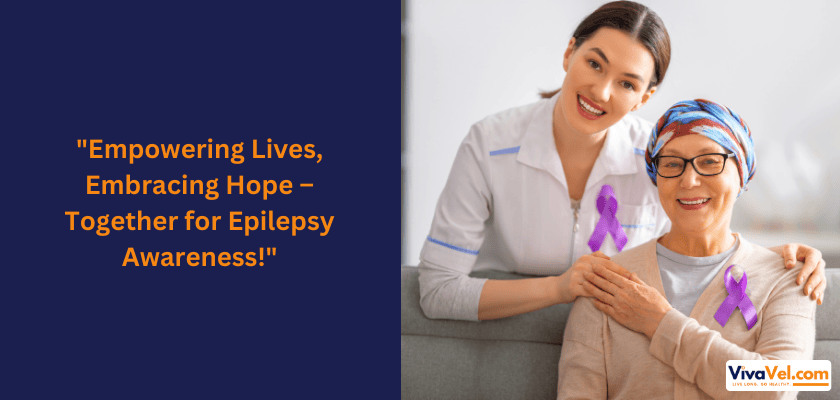
Home / Information / Blog / Blog Detail

Epilepsy Treatment in India: A Beacon of Hope for Patients Like Fahim Hassan
For millions of epilepsy patients worldwide, finding the proper treatment can be a daunting journey filled with uncertainty and emotional strain. While medication can help manage seizures, many individuals—especially children—struggle with persistent symptoms that disrupt their lives. This was the reality for 14-year-old Fahim Hassan from Dhaka, Bangladesh, whose battle with epilepsy consumed most of his childhood.
From the age of six, Fahim experienced frequent seizures—nearly three per week—making everyday life unpredictable. His education suffered, his social interactions dwindled, and the game he once loved, cricket, became something he only watched on TV rather than played on the field. His family felt helpless as years of treatment in Bangladesh yielded little progress, leaving them desperate for a solution.
That solution came in the form of India's advanced neurological care.
India has emerged as a global hub for epilepsy treatment, offering cutting-edge diagnostic techniques, world-class specialists, and accessible healthcare options for international patients. Artemis Hospital in Gurgaon, one of India's leading medical institutions, was where Fahim's life took a dramatic turn. Guided by Dr. Sumit Singh and Dr. Vivek Barun, experts in epilepsy management, he underwent intensive testing—including an Epilepsy Protocol MRI and Video EEG monitoring—to pinpoint the source and nature of his seizures.
The results were conclusive: no surgery was needed. Instead, doctors prescribed a four-month tailored medication regimen, focusing on stabilizing his condition while gradually tapering the dose. The impact was immediate—Fahim's seizures stopped completely from the moment he began treatment.
For his family, it was nothing short of a miracle.
This transformation was made possible by VivaVel Health, a patient-care organization specializing in cross-border medical solutions. From securing a medical visa to arranging consultations, accommodation, and personal guidance throughout the hospital visits, VivaVel ensured the family's transition to India was seamless. Their hands-on support during Fahim's treatment built an emotional bond, so much so that his family presented a heartfelt gift to their VivaVel companion as a token of gratitude.
India’s Success in Epilepsy Treatment
India has made remarkable advancements in epilepsy care, with approximately 12 million people benefiting from modern treatment approaches. The country’s blend of traditional and modern medical techniques ensures personalized and effective patient care.
For drug-resistant epilepsy cases, surgical interventions have shown success rates exceeding 80%, significantly reducing seizure frequency and improving quality of life. However, surgery is not always necessary—many patients, like Fahim, respond well to advanced medication protocols, which can eliminate seizures.
Despite these advancements, India still faces a treatment gap of 50-70%, largely due to lack of awareness, stigma, and accessibility issues. Efforts are being made to bridge this gap through telemedicine, international patient programs, and improved healthcare infrastructure.
Treatment Options for Epilepsy
Epilepsy treatment varies depending on the type, severity, and underlying cause of seizures. Here are the primary approaches used to manage and treat epilepsy:
1. Medication Therapy
2. Surgical Intervention
3. Neurostimulation Devices
4. Dietary Therapy
5. Lifestyle and Alternative Therapies
6. Emerging Treatments
India’s advancements in epilepsy treatment, including state-of-the-art diagnostics, surgical expertise, and innovative therapies, make it a leading destination for epilepsy care. With personalized treatment plans and high success rates, patients like Fahim Hassan can regain control of their lives and look forward to a seizure-free future.
Fahim’s journey is a testament to India’s excellence in epilepsy treatment. It offers not just medical solutions but renewed hope for families like his. Whether through advanced diagnostics, highly skilled neurologists, or compassionate care, India is helping patients reclaim their lives—one success story at a time.
Read Fahim's journey from Siezer to Stability - Treatment of Epilepsy


Understanding Mental Health
Mental health is a person’s overall emotional, psychological, and social well-being. It influences how individuals think, feel, and interact with others and how they handle stress and make decisions. Good mental health enables individuals to cope with life’s challenges, build meaningful relationships, and contribute productively to their communities.
Mental health conditions, however, disrupt this balance. Conditions such as anxiety, depression, bipolar disorder, and schizophrenia can impair functioning, relationships, and quality of life. They may manifest through persistent sadness, excessive fear, erratic mood swings, or distorted perceptions. These conditions often stem from genetic, biological, environmental, and psychological factors.
Defining Disability
Disability is an umbrella term encompassing impairments that may be physical, sensory, cognitive, intellectual, or mental. Disabilities vary widely in origin, severity, and impact. They may be congenital (present from birth) or acquired due to illness, injury, or the natural aging process. Examples include vision or hearing loss, mobility issues, developmental disorders like autism, and chronic health conditions such as multiple sclerosis.
The social model of disability emphasizes that societal barriers, rather than impairments alone, create disability. For instance, lack of wheelchair access in public spaces or limited availability of sign language interpreters hinders participation more than the impairment itself.

"VivaVel" has truly made a life-changing impact on our lives during a challenging time. My wife was diagnosed with Polycystic Ovarian Disease (PCOD), and despite consulting three different doctors in Bangladesh, we were unsatisfied and uncertain about the way forward. It was a confusing and challenging phase until a friend recommended VivaVel.
From the moment "I contacted them", VivaVel provided exceptional support and guidance. They arranged telemedicine consultations with two renowned international doctors, giving us the confidence to make an informed decision. After careful consideration, we selected one of the doctors for my wife's treatment.
VivaVel's assistance went above and beyond our expectations. They helped us with critical processes like obtaining a medical visa invitation letter, visa processing, and coordinating my wife's admission to "Artemis Hospital" in Delhi. They even suggested comfortable accommodations for me as a patient attendant.
What truly stood out was their unwavering support throughout our journey. The "VivaVel team" was always just a phone call away, offering guidance and reassurance during our stay in Delhi. Their professionalism and dedication to helping patients and their families are truly commendable.
I am incredibly grateful for the care and support from "VivaVel." They were a beacon of hope for us during this difficult time, and I sincerely hope they continue their outstanding service to help more needy patients.
Thank you, "VivaVel," for being there for us every step of the way!
Mr. Hoque, Dhaka, Bangladesh
Patient name: Shanta Islam, Dhaka, Bangladesh.

Every year on March 26th, people worldwide celebrate Purple Day, a special day dedicated to raising awareness about epilepsy. This global movement started in 2008, thanks to Cassidy Megan, a young girl from Canada who wanted to help people better understand epilepsy and reduce the stigma surrounding it. Since then, it has grown into an international effort to support those living with epilepsy and educate the public.
STEP 1
Let us know your details and preferences. We maintain absolute data confidentiality. All your health records are safe, and privacy is maintained.
STEP 2
A dedicated counsellor will help you with the Best Hospital & Doctors at the lowest possible Prices.
STEP 3
While you decide on the treatment plan, we assist you with priority appointments, Visa, Documentation, Hotel & other Logistics.
STEP 4
Our team assists you with all your local requirements like Hospitalization, Hotel Stay, Transportation, Food, Forex, Lab Tests, Medicines, etc.
STEP 5
We ensure a smooth discharge process. We also assist you in tallying your bills at the hospital, all necessary documentation, and your return trip.
Happy Patient from Bangladesh | Gastroenteritis Treatment in Columbia Asia Hospital, India

"VivaVel" has truly made a life-changing impact on our lives during a challenging time. My wife was diagnosed with Polycystic Ovarian Disease (PCOD), and despite consulting three different doctors in Bangladesh, we were unsatisfied and uncertain about the way forward. It was a confusing and challenging phase until a friend recommended VivaVel.
From the moment "I contacted them", VivaVel provided exceptional support and guidance. They arranged telemedicine consultations with two renowned international doctors, giving us the confidence to make an informed decision. After careful consideration, we selected one of the doctors for my wife's treatment.
VivaVel's assistance went above and beyond our expectations. They helped us with critical processes like obtaining a medical visa invitation letter, visa processing, and coordinating my wife's admission to "Artemis Hospital" in Delhi. They even suggested comfortable accommodations for me as a patient attendant.
What truly stood out was their unwavering support throughout our journey. The "VivaVel team" was always just a phone call away, offering guidance and reassurance during our stay in Delhi. Their professionalism and dedication to helping patients and their families are truly commendable.
I am incredibly grateful for the care and support from "VivaVel." They were a beacon of hope for us during this difficult time, and I sincerely hope they continue their outstanding service to help more needy patients.
Thank you, "VivaVel," for being there for us every step of the way!
Mr. Hoque, Dhaka, Bangladesh
Patient name: Shanta Islam, Dhaka, Bangladesh.

Note : VivaVel does not provide medical advice, diagnosis or treatment. The services and information offered on www.vivavel.com are intended solely for informational purposes and cannot replace the professional consultation or treatment by a physician. All Copyrights are reserved with VivaVel. VivaVel does not allow copying and cloning of its webpages and contents. VivaVel reserves the right to follow the legal procedures to protect its intellectual property.
Copyright © 2025 VivaVel.com . All Rights Reserve.





